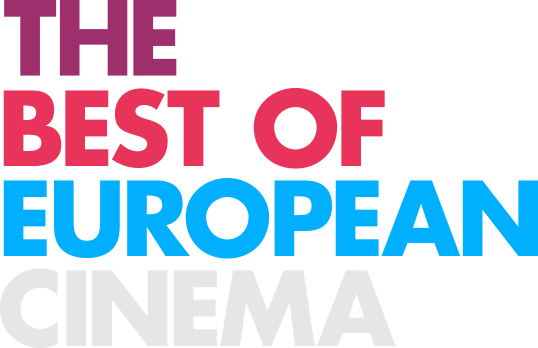Zubroffka Review: Tomorrow
At the 2014 Zubroffka Film Festival four young Polish journalists were mentored by film critic and journalist Michael Pattison in a workshop that helped them to explore the role of modern film criticism and journalism. Every day, the journalists met filmmakers, distributors and journalists as they learned how to make themselves stand out from the crowd and negotiate the complexities of a film festival. The following review is one of the results of this workshop.
Tomorrow (Dir. Michał Orzechowski, Poland, 2014) is a story about connections, about where we come from and where we are going. It is structured to the rhythm of the images of a speeding train, whose presence we feel almost constantly despite the vehicle only appearing a few times. A sequence of black-and-white images unfolds to the disquieting sound of silence. It becomes immediately clear that this is going to be a challenging film, in constant demand for our attention: scenes pass so quickly that any lapse in concentration could result in a failure to grasp their meaning.
Blood pervades many scenes. It is everywhere: as a drink made from innocent people, which two women drink instead of wine; in a transfusion from a woman's vein to a man's; as a sea which a little boy is drowning in. As a symbol of sacrifice, it also shows insensitivity and carelessness, and may hint at the harmful underpinnings of contemporary life.
The ink and watercolour animation evokes the texture of paper. The form is interesting – clear and stylish. The film's storyline is rooted scrupulously, and the returning themes and pictures create a well-devised composition. Orzechowski has found a suitable way to express his observations and beliefs. This position is not for everyone. Although it is really short, the film's relentless focus is kind of tiring. You have to be prepared for eight minutes of careful, perceptive and intensive thinking. But who said films have to be easy?
By Urszula Janoszuk
22 January 2015, by Cineuropa Shorts






